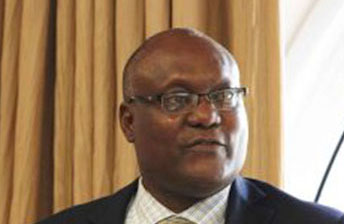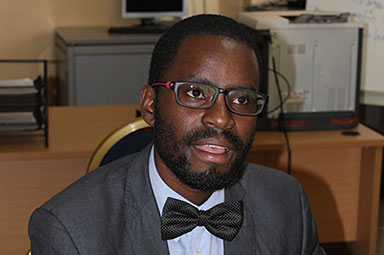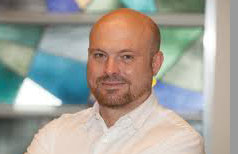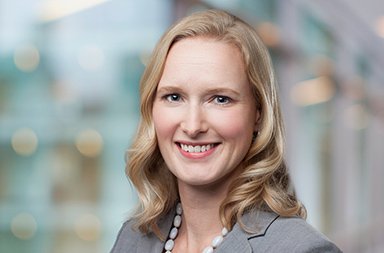The BID Initiative Story
Profile
Dr. Eddie Mukooyo Sefuluya
“One of the objectives of the BLN is to learn from and energize each other, so that [members] can take these examples and deploy them in their own countries.”

The whole is greater than the sum of its parts. This is how Dr. Eddie Mukooyo Sefuluya, a BID Learning Network (BLN) member and Chairperson for the Uganda AIDS Commission, describes the peer learning network that for the last five years has tackled some of the most complex challenges facing health information systems—and developed its most promising solutions. The BLN comprises more than 20 countries in sub-Saharan Africa. With conversation topics ranging from the design of patient registers to community-based early warning systems for Ebola outbreaks, the BLN allows participants to connect, learn, and collaborate in ways that advance their own discrete efforts, while also accelerating the pace of progress for all.
Dr. Mukooyo’s voice bubbles with excitement as he recalls the first time he was invited to speak at a BLN meeting in Ghana. In his 35 years in the field, he had never had an opportunity to share his experience on this scale, among his peers.
The day of the meeting, the room was arranged into small clusters of tables and it crackled with energy. It wasn’t like the lecture-style classroom settings he’d experienced before.
“Peer learning networks allow us to brainstorm our different scenarios and people are able to talk about what works, what doesn’t work, the pros and cons and together agree how we can move forward. The beauty of it is it [creates] platforms where you can link and network…so that we don’t have to reinvent things that are working, but rather improve and contribute to what other people have already done.”
In this setting, everyone has something to contribute, and everyone has something to learn. Surrounded by government officials from ministries of health all over sub-Saharan Africa, the room swelled with excitement, and everyone’s titles melted away. In their place were the shared experiences of its participants and a common goal to strengthen health information systems with digital solutions.
“At the end of the day, you’re part of this movement toward change,” says Dr. Mukooyo. “You are benefiting from each other’s experiences and leapfrogging off one another, taking advantage of each other’s knowledge and skills.”
Succeeding together
Over the years, the BLN has provided a number of platforms and outlets for learning exchange. Study visits have allowed members to observe countries that have successfully designed and implemented data management interventions, while forging professional relationships with peers working on similar challenges and solutions. Discussion meetings have enabled healthy debate, propelling the field to a more common understanding of digital policies, products, and practices. Webinars have helped crystallize learnings, and small grant awards have provided seed funding for countries to pilot interventions in their own health systems. Without these opportunities, countries risk duplicating efforts and investing in technologies or strategies that don’t yield high impact. It’s a uniquely authentic exchange that’s fostered true camaraderie across countries and countless learnings.
For instance, after visiting several health facilities implementing the Tanzania Immunization Registry (TImR) in Arusha, Tanzania, Dr. Mukooyo was moved by the health worker testimony he heard that day. He saw health workers nimbly navigating tablets, entering patient data, and calling up vaccine records. He wanted to learn more, and wrote his colleagues in Tanzania.
Building something bigger
“One of the objectives of the BLN is to learn from and energize each other, so that [members] can take these examples and deploy them in their own countries,” he recalls. “They responded immediately. They sent resources, even the source code [for TImR].”
In Uganda, the government has recently introduced its own eHealth strategy. Dr. Mukooyo has personally championed the establishment of the health management information system in the country, moving Uganda from monthly, quarterly, and annual paper reporting to an electronic system supported by the DHIS2 in all districts.
As the BLN evolves and grows, Dr. Mukooyo hopes the network will become a model and megaphone to amplify the collective knowledge of the rest of the continent, maybe even beyond.
“I want it to evolve into something bigger than what it is, so that it’s a driving force for change. It gives me hope. Because when you see other countries succeeding in this area, you know you can do the same.”




